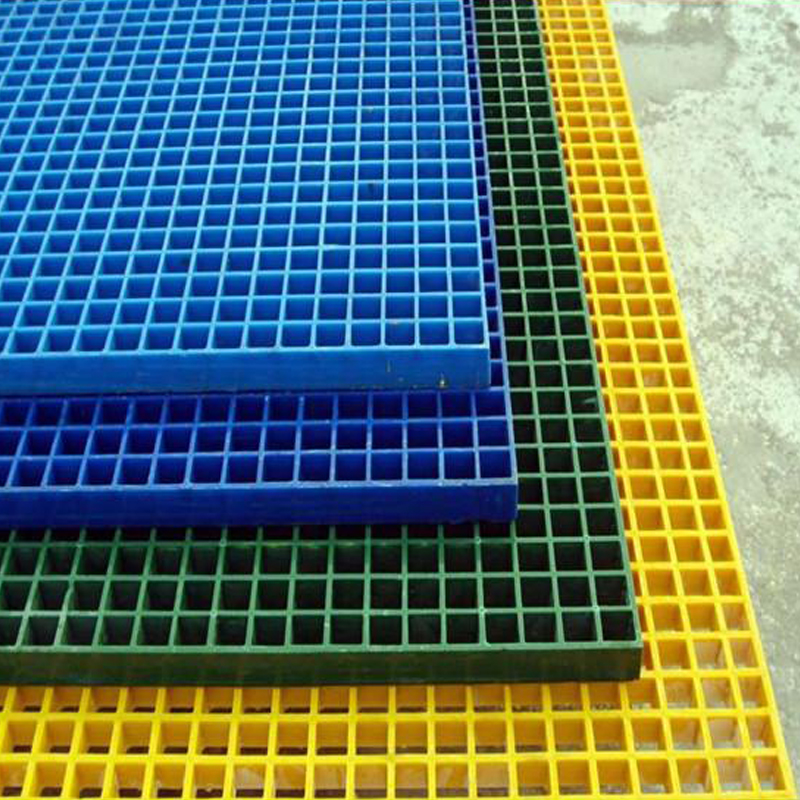Understanding Stud Wall Screws A Comprehensive Guide
When it comes to constructing stud walls, whether for partitioning rooms or creating support structures, choosing the right fastening solutions is critical for ensuring durability and stability. Among these solutions, stud wall screws have become an indispensable component in the realm of drywall installation and wood framing.
Stud wall screws are specifically designed to attach drywall to wood or metal studs. Unlike traditional nails, these screws provide superior holding power and are less likely to pull out over time. They come in various lengths and gauges, allowing builders and DIY enthusiasts to select the perfect screw for their project needs.
One of the primary advantages of using stud wall screws is their ease of use. The sharp point and coarse threads of these screws allow them to penetrate materials quickly, requiring less effort than conventional fasteners. This feature is particularly advantageous for large projects where speed is essential. Additionally, the heads of stud wall screws are designed to sit flush with the surface of the drywall, minimizing the appearance of fasteners and ensuring a clean finish.
Types of Stud Wall Screws
There are several types of stud wall screws available on the market, each with unique characteristics
. The most common types include1. Drywall Screws Specifically designed for attaching drywall to wood or metal studs, these screws typically have a black phosphate coating that helps prevent rust and corrosion. They often feature a bugle head which allows them to sink into the drywall without tearing the paper.
2. Wood Screws For projects involving softer materials, wood screws with coarse threads can provide a strong hold. These screws are particularly useful when attaching wooden frames or reinforcements to the wall.
stud wall screws

3. Metal Screws When dealing with metal studs, it’s essential to use screws designed for metal applications. These screws usually have finer threads and are made from stronger alloys to withstand the unique challenges of working with metal framing.
Choosing the Right Size
Selecting the appropriate size of stud wall screws is crucial for ensuring strong connections. The length of the screw should be enough to penetrate the drywall and embed itself securely into the stud. Typically, a screw length of 1 1/4 to 1 5/8 inches is sufficient for standard drywall thickness (1/2 inch). It’s also important to consider the thickness of the materials being joined; longer screws may be necessary for thicker boards or added support.
Installation Tips
When installing stud wall screws, it’s essential to use the right tools. A power drill with an appropriate screwdriver bit can significantly speed up the installation process, making it easier to drive screws into studs. However, care should be taken not to overdrive the screws, as this can damage the drywall.
Another essential tip is to space the screws properly. For optimal holding power, screws should be placed every 12 to 16 inches along the studs. This spacing helps to distribute the load evenly and prevents sagging over time.
Conclusion
In summary, stud wall screws play a vital role in the construction of stud walls, offering durability and strength to various building projects. By understanding the different types of screws available, their appropriate sizing, and best installation practices, homeowners and builders can ensure their walls are built to last. Whether you are a seasoned contractor or a DIY novice, investing in quality stud wall screws is a decision that will pay off in the long run, providing you with a reliable foundation for your construction endeavors.

















